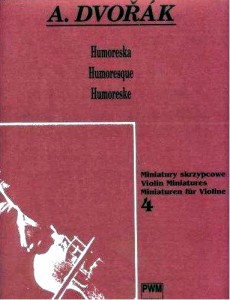Song of Gale Winds* LIU Bang (256 or 247 BCE – 195 BCE)
陳耀國 譯 Tr. YK Chan
大風起兮云飛揚 Gale winds blow wild clouds fly.
威加海內兮歸故鄉 Home coming now, I’ve conquered all within four
seas.
安得猛士兮守四方 For peace of mind fierce warriors guard the
country for me?!
*After defeating all his adversaries, LIU Bang rose to his opportune height to become the first emperor of the Han Dynasty in 202 BCE. However, his subordinates rebelled soon afterwards. In 195 BCE after suppressing the rebellion of YING Bu 英布, Lord of Huai Nan 淮南王, LIU returned to his native Pei County 沛縣 (in Jiang Su Province 今江蘇省). Celebrating his triumph with friends and relatives, he sang this song at the banquet.
Although just made up of three lines of verse, the song is rich in meaning. It encompasses the satisfaction and hesitation of a victor, the enormous joy of forgetting oneself, as well as the anxiety and fear of the future. Establishing an enterprise was difficult; keeping it was even more so. That was why he yearned for fierce warriors to stand guard for his country. Even with the majesty of an emperor, he still harboured some pathetic emotion of a commoner. At the momentous and pompous superiority of power, he voiced sincere sentiments from the heart.
_________________
Source 取材自: <古詩三百首>, 曹明綱 編選, 高克勤丶王立翔等 注評. 2000年 上海古籍出版社









 Antonín Dvořák
Antonín Dvořák
